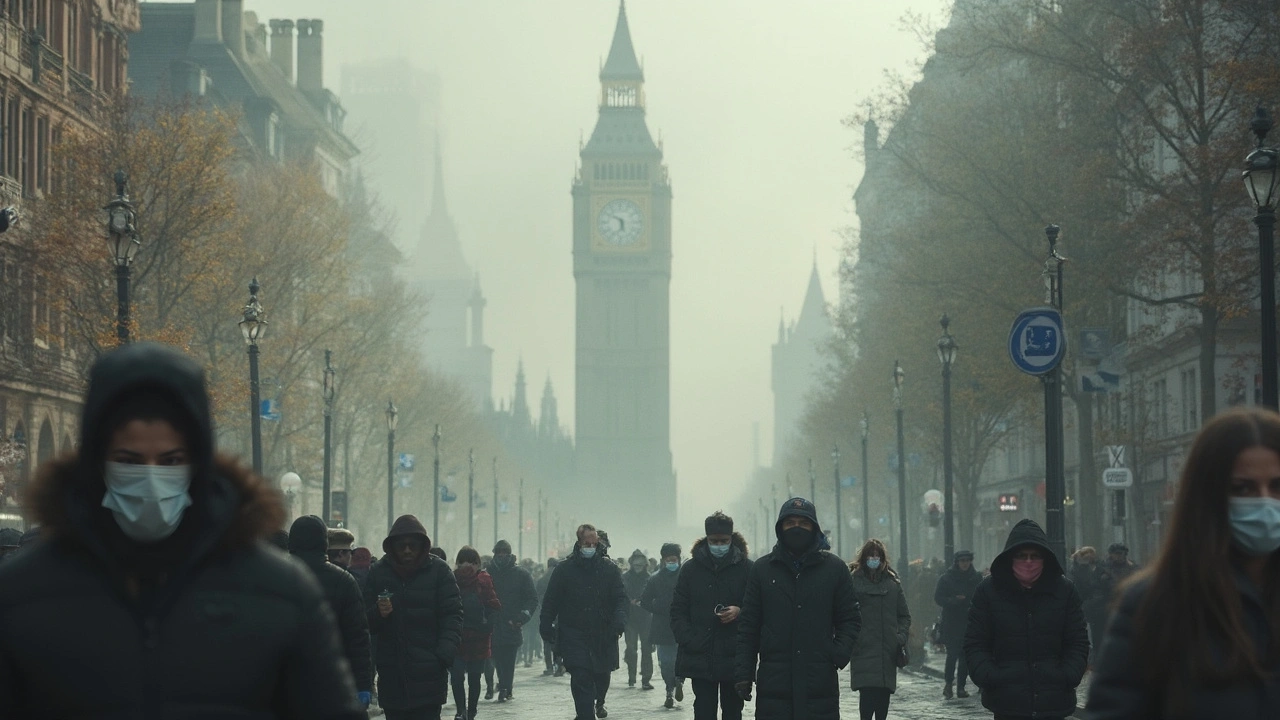Environmental Impact of Pharmaceuticals – Key Facts and Practical Tips
Ever wonder why tiny traces of pills show up in rivers? It’s not magic – it’s a mix of production waste, unused meds, and careless disposal. When drugs slip into the water supply they can harm fish, disrupt ecosystems, and even affect our own health down the line.
Why Medications End Up in Our Water
Pharma factories often release solvents and by‑products straight into wastewater. Even if treatment plants filter most chemicals, a small percentage still sneaks through. On top of that, people throw old pills in the trash or flush them down the toilet, thinking it’s harmless. Those leftovers travel to sewage systems and eventually to rivers and lakes.
Studies have found antibiotics in fish, hormones in algae, and painkillers in drinking water sources. The problem isn’t just about one drug – it’s a cocktail of substances that can make wildlife grow weirdly or become resistant to medicines we rely on.
How You Can Reduce the Impact
You don’t need a science degree to help. First, use take‑back programs offered by pharmacies or local health departments – they safely destroy unwanted meds instead of letting them sit in landfills. If no program exists nearby, mix pills with coffee grounds or cat litter and toss them in the trash; this masks the drug’s scent and makes it less likely to leach.
Second, buy only what you truly need. Talk to your doctor about prescribing smaller packs or checking if a generic version has a greener manufacturing process. Some online pharmacies now highlight eco‑friendly practices – look for those that mention reduced packaging or sustainable sourcing.
Third, support legislation that forces pharma companies to treat waste responsibly. When you sign petitions or vote for representatives who prioritize environmental health, you push the industry toward cleaner factories and better water treatment standards.
Finally, stay informed. Follow reliable blogs and news sites that report on drug pollution – knowledge is a powerful tool for change. The more we all understand the link between our meds and the planet, the quicker we can act responsibly.
Bottom line: every pill you take has a tiny footprint. By disposing of leftovers properly, choosing greener options, and speaking up for stricter regulations, you cut that footprint dramatically. Small habits add up to big results for rivers, wildlife, and our own future health.

Air Pollution's Role in Idiopathic Pulmonary Fibrosis
Apr, 2 2025
